The Supreme Court has directed the Central Forensic Science Laboratory to examine leaked audio recordings purportedly implicating Manipur Chief Minister N Biren Singh in instigating ethnic violence within the state. The bench, comprising Chief Justice Sanjiv Khanna and Justice Sanjay Kumar, has mandated that the CFSL submit its findings in a sealed cover within six weeks, scheduling the next hearing for the week commencing March 24.
The directive follows a petition filed by the Kuki Organisation for Human Rights Trust, which alleges that the audio tapes feature Chief Minister Singh discussing his role in provoking ethnic tensions. Advocate Prashant Bhushan, representing the petitioner, informed the court that Truth Labs, a private forensic science laboratory, had analyzed the recordings and concluded that there was a 93% match between the voice in the tapes and that of Chief Minister Singh. In the recordings, Singh is allegedly heard stating that he permitted Meitei groups to loot the state armoury and ensured their protection from arrest.
Solicitor General Tushar Mehta, representing the Manipur government, challenged the credibility of the Truth Labs report, asserting that it could not be relied upon. He further contended that the petitioner harbored a “separatist mindset” and was attempting to “keep the pot boiling.” Mehta also noted that investigators had approached the individual who uploaded the clips on social media and had already sent the audio clips to the CFSL for examination.
The Supreme Court, acknowledging the need for an impartial analysis, ordered the CFSL to conduct a thorough examination of the tapes. Chief Justice Khanna emphasized the importance of verifying the authenticity of the recordings, stating, “I don’t know the veracity of the transcript also… When will the CFSL report come? Let it be examined. Let it not become another issue.”
This development comes amid ongoing ethnic violence in Manipur, which has resulted in over 230 fatalities and the displacement of tens of thousands since May 2023. The conflict primarily involves the Meitei and Kuki communities, with allegations of deliberate instigation and complicity at various levels of the state administration.
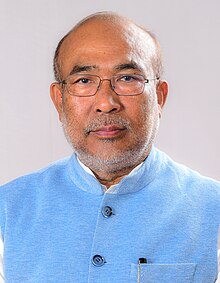
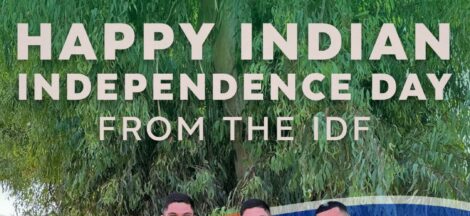
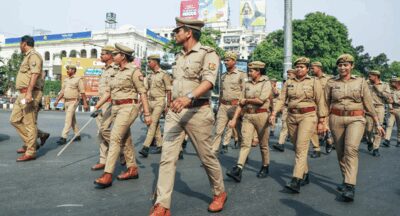
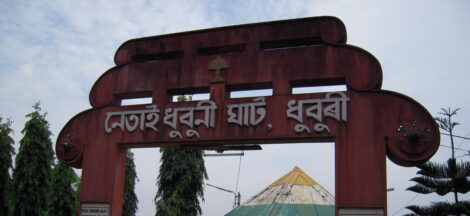
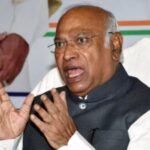 Biren resignation came too late, says Kharge
Biren resignation came too late, says Kharge 